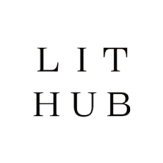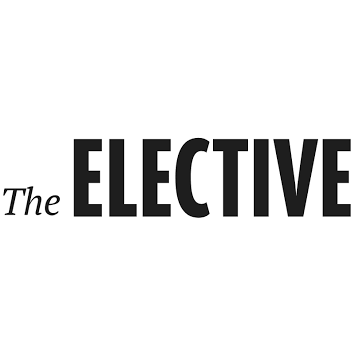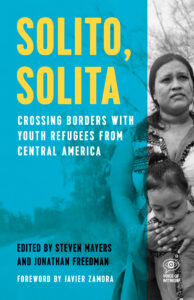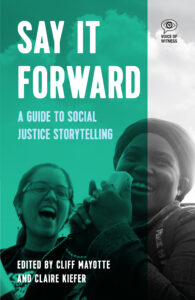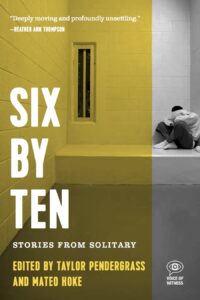About the Book
How We Go Home: Voices from Indigenous North America shares contemporary first-person stories in the long and ongoing fight to protect Native land, rights, and life.
These twelve powerful oral histories are shaped by loss, injustice, community, resilience, and the struggle to share space with settler nations. They urge readers to think critically about colonialism and interrelated issues, including intergenerational trauma, healthcare, policing, resource extraction, sovereignty, and resistance.
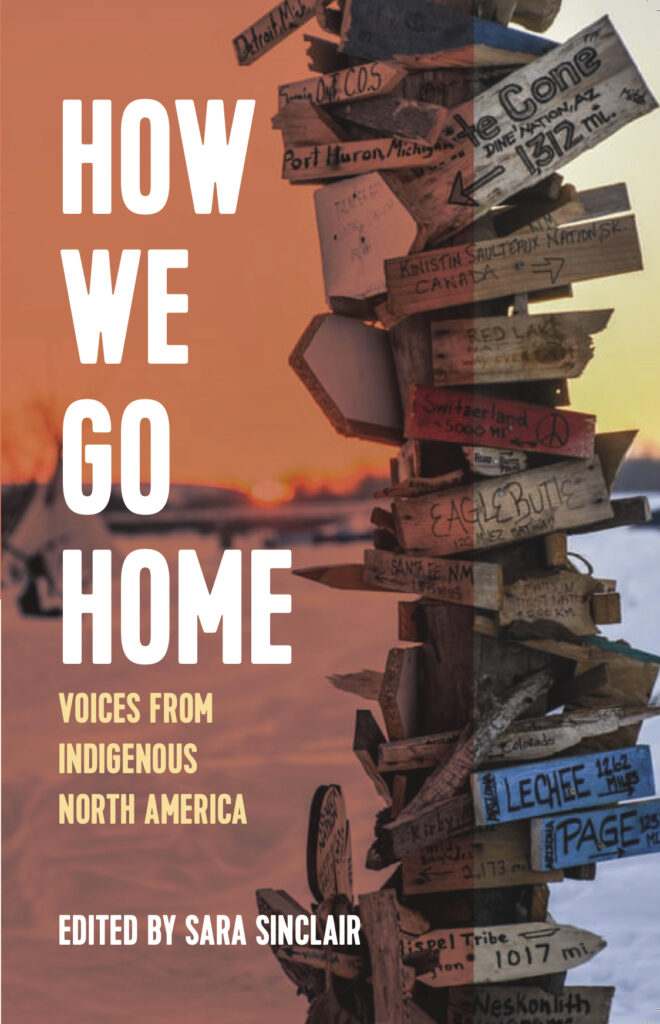
Narrators Include:

JASILYN, one of the first five people to set up camp at Standing Rock, kickstarting a movement of Water Protectors that roused the world. Jasilyn spent years in foster care homes and a mental health facility, before returned home at age eighteen as the local movement in opposition to the Keystone XL pipeline was growing.

GLADYS, whose niece’s disappearance propelled her to become an activist and family advocate for the National Inquiry into Missing and Murdered Indigenous Women and Girls.

ERVIN, who grew up in and out of the carceral system and today creates documentaries on the overrepresentation of Indigenous people in prison.

MARIAN, one of the subjects of a secret radiation test while in high school, who led Santa Clara Pueblo to compile an environmental impact statement on the consequences of living next to the U.S. government’s Los Alamos National Laboratory.
About the Editor:
Sara Sinclair is an oral historian, writer, and educator of Cree-Ojibwe and settler descent. Sara teaches in the Oral History Masters Program at Columbia University. She has contributed to the Columbia Center for Oral History Research’s Covid-19 Oral History, Narrative and Memory Archive, Obama Presidency Oral History, and Robert Rauschenberg Oral History Project. She has conducted oral histories for the Whitney Museum of American Art, New York City Department of Environmental Protection, and the International Labor Organization, among others. Sara is co-editor of Robert Rauschenberg: An Oral History, published with Columbia University Press in 2019.
An insider look from editor Sara Sinclair in Salon:
Stopping the Erasure of Native Americans: Why I Want To Tell New Indigenous Stories
Related Resources
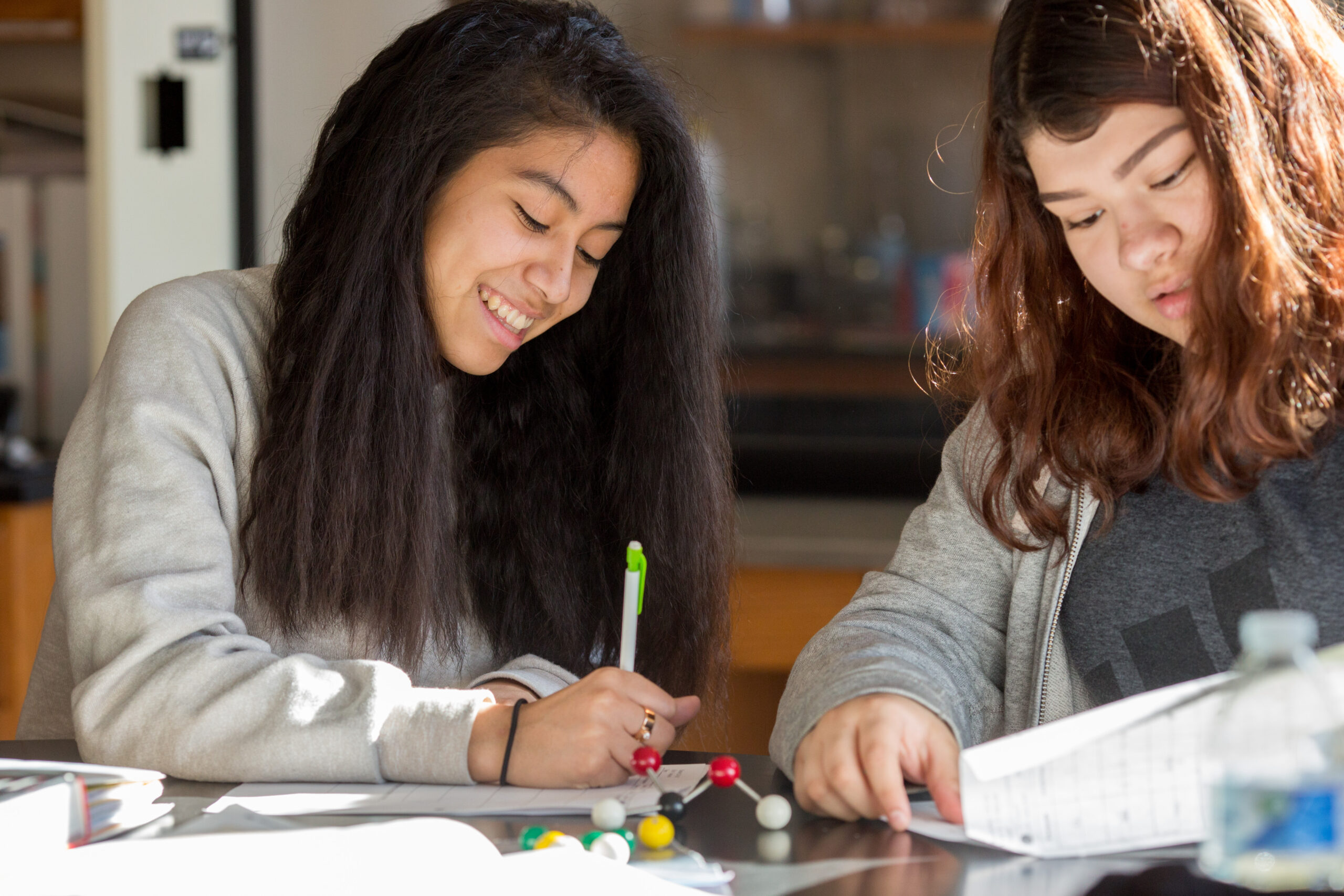
View the Lesson Plans
The lessons use oral history to promote a nuanced understanding of Indigenous communities and settler colonialism.
10 Actions for Indigenous Justice
Here are 10 actions you can take to learn about and support Indigenous justice, movements, and communities.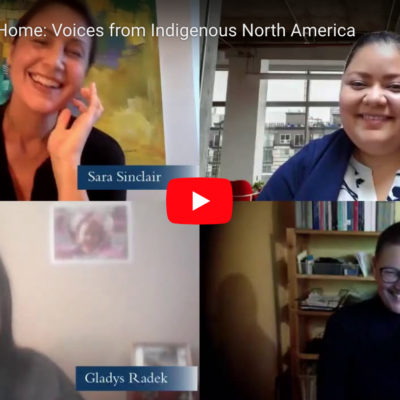
Watch the Event Series
Check out the events we co-hosted in collaboration with Indigenous advocates and partners.
Interview in Ms. Magazine
Editor Sara Sinclair is interviewed about How We Go Home, collective memory, and representation.Podcast: Ashley’s Story
Listen to an episode with narrator Ashley Hemmers, a member of the Fort Mojave Indian Tribe. Ashley’s path took her from growing up on her reservation to attending Yale then returning home again. Now a tribal administrator, Ashley shares how storytelling is both a bridge to the past and a pathway to her tribe’s future.
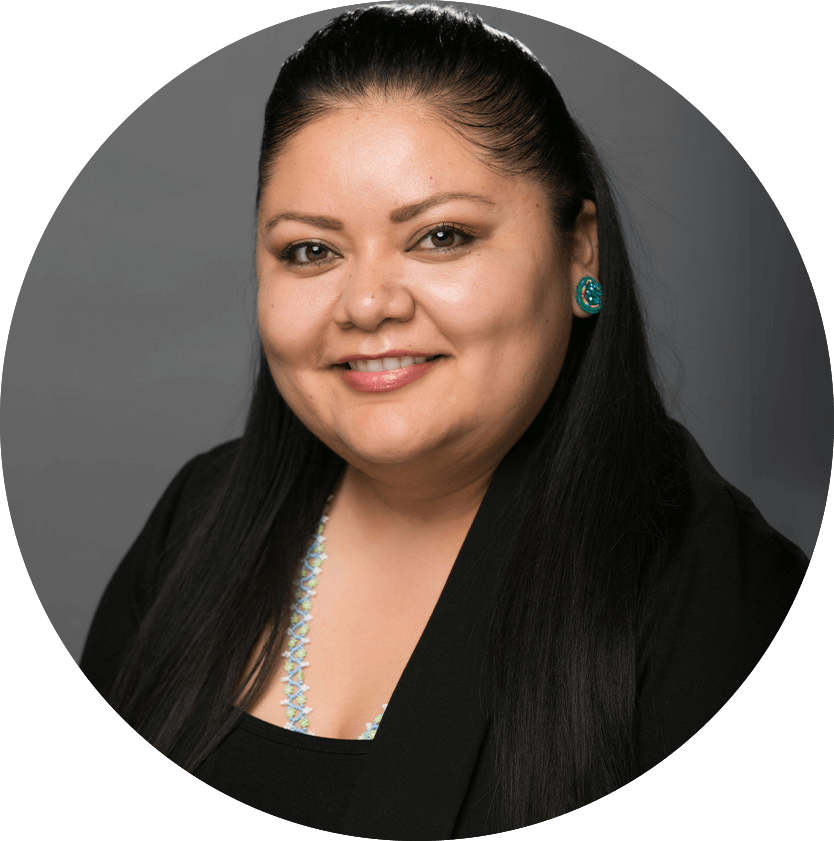
Praise for How We Go Home:
This book will inspire you. It’ll piss you off. It’ll take you on a journey of ugly things and beautiful things and back again. It’s a hell of a read. Keep this one on your shelf and never let it go.
Simon Moya-Smith (Oglala Lakota and Chicano)
Writer, NBC News THINK
This edited collection offers deep, experiential dives into law, policy, and life for contemporary Indigenous peoples in what is now the United States and Canada. These conversations and life histories, taken together, tell us a critical story of the effort it takes to live and transform structures that Indigenous peoples inherit and push against in bids for dignity, sovereignty, care, and justice in the twenty-first century.
Audra Simpson (Kahnawà:ke Mohawk)
Professor of anthropology at Columbia University
How We Go Home confirms that we all have stories. These stories teach us history, morality, identity, connection, empathy, understanding, and self-awareness. We hear the stories of our ancestors and they tell us who we are. We hear the stories of our heroes and they tell us what we can be.
Honourable Murray Sinclair (Anishinaabe)
Former member of the Canadian Senate, First Nations lawyer
Jasilyn’s Story of Resistance
“We worked hard to make it a home. We gave up everything to be there. And then we got pushed out. It felt like I was being robbed.” In Jasilyn’s oral history, she shares her experiences organizing youth at Standing Rock and kickstarting a global movement.

